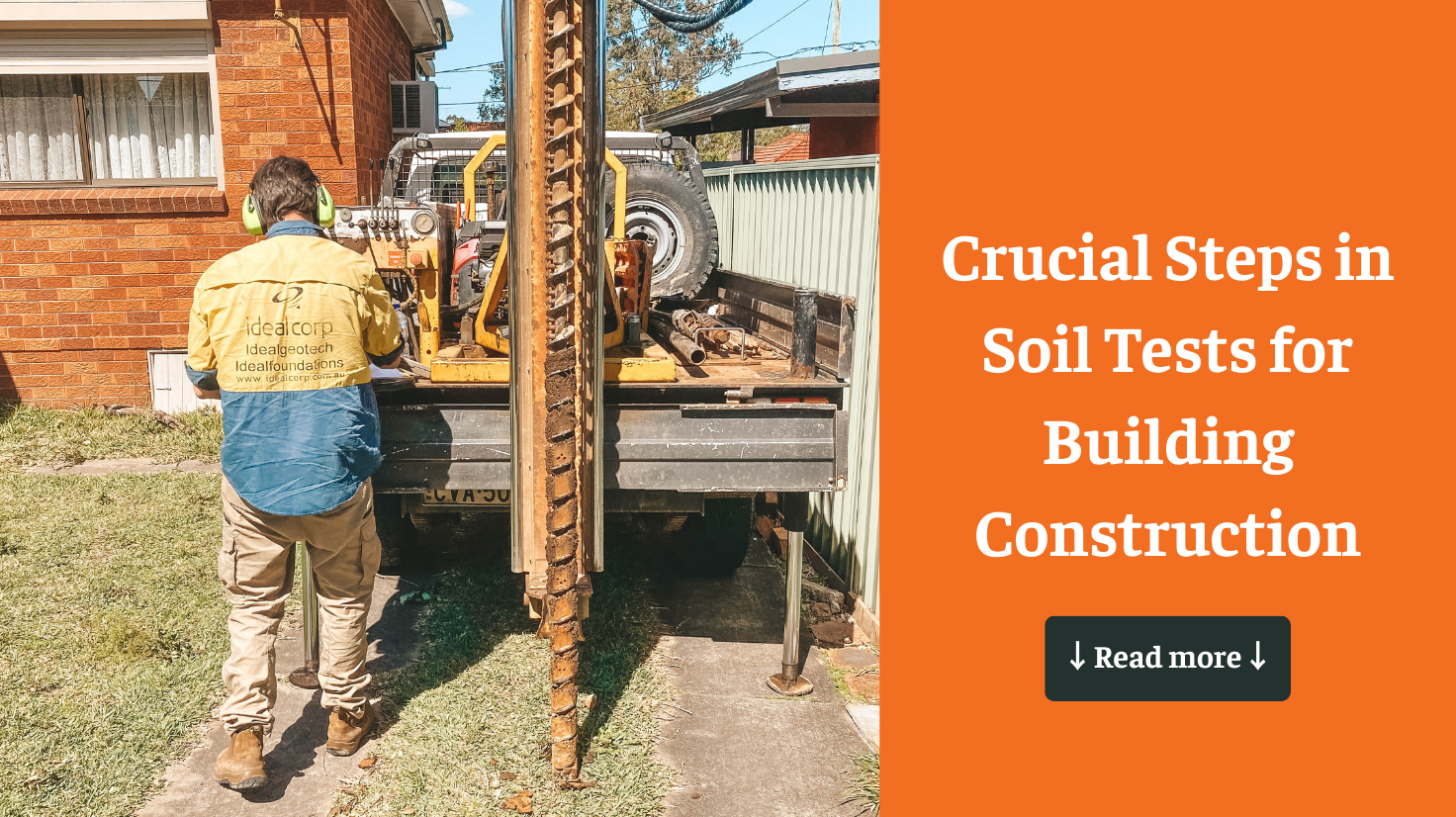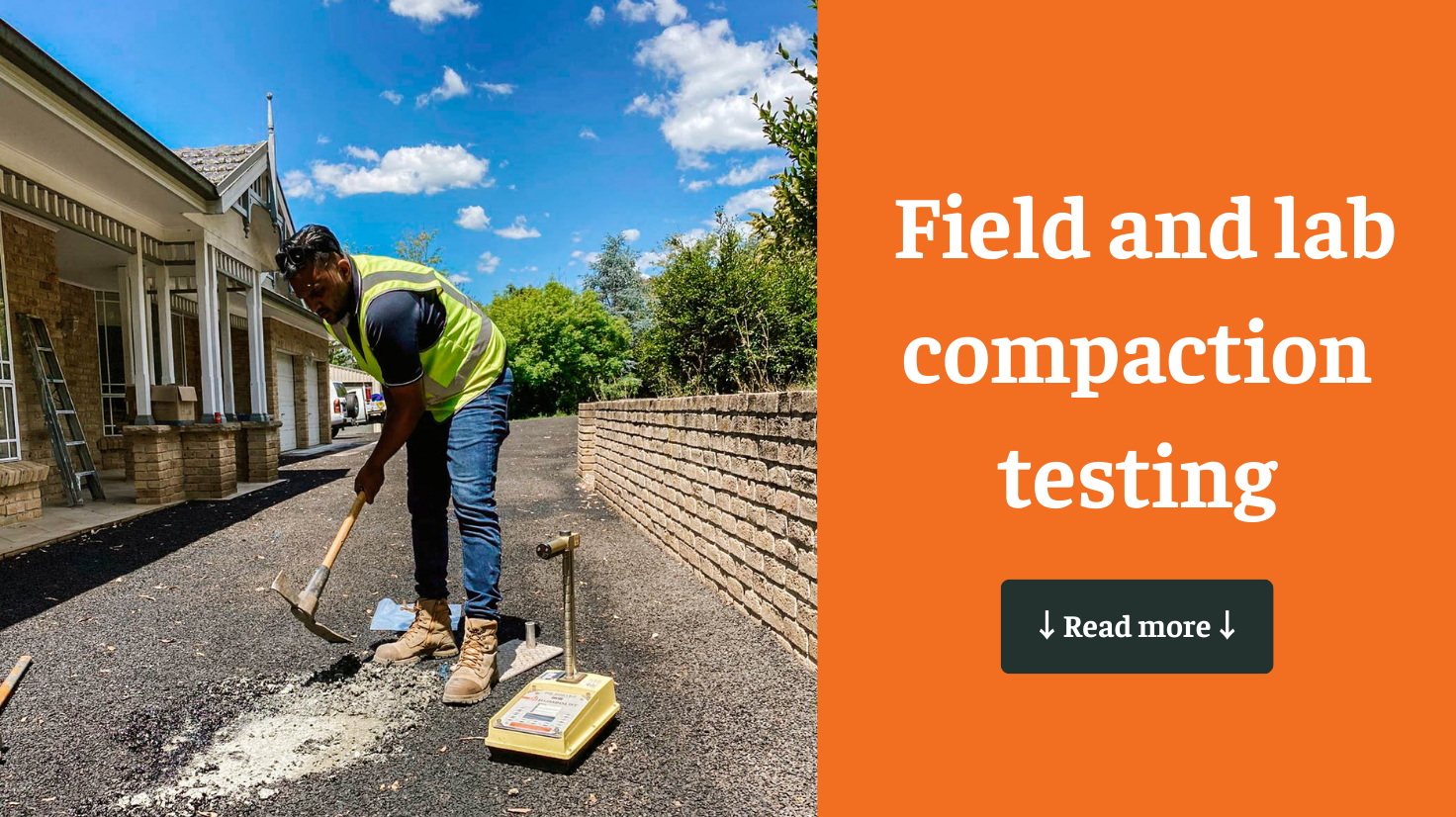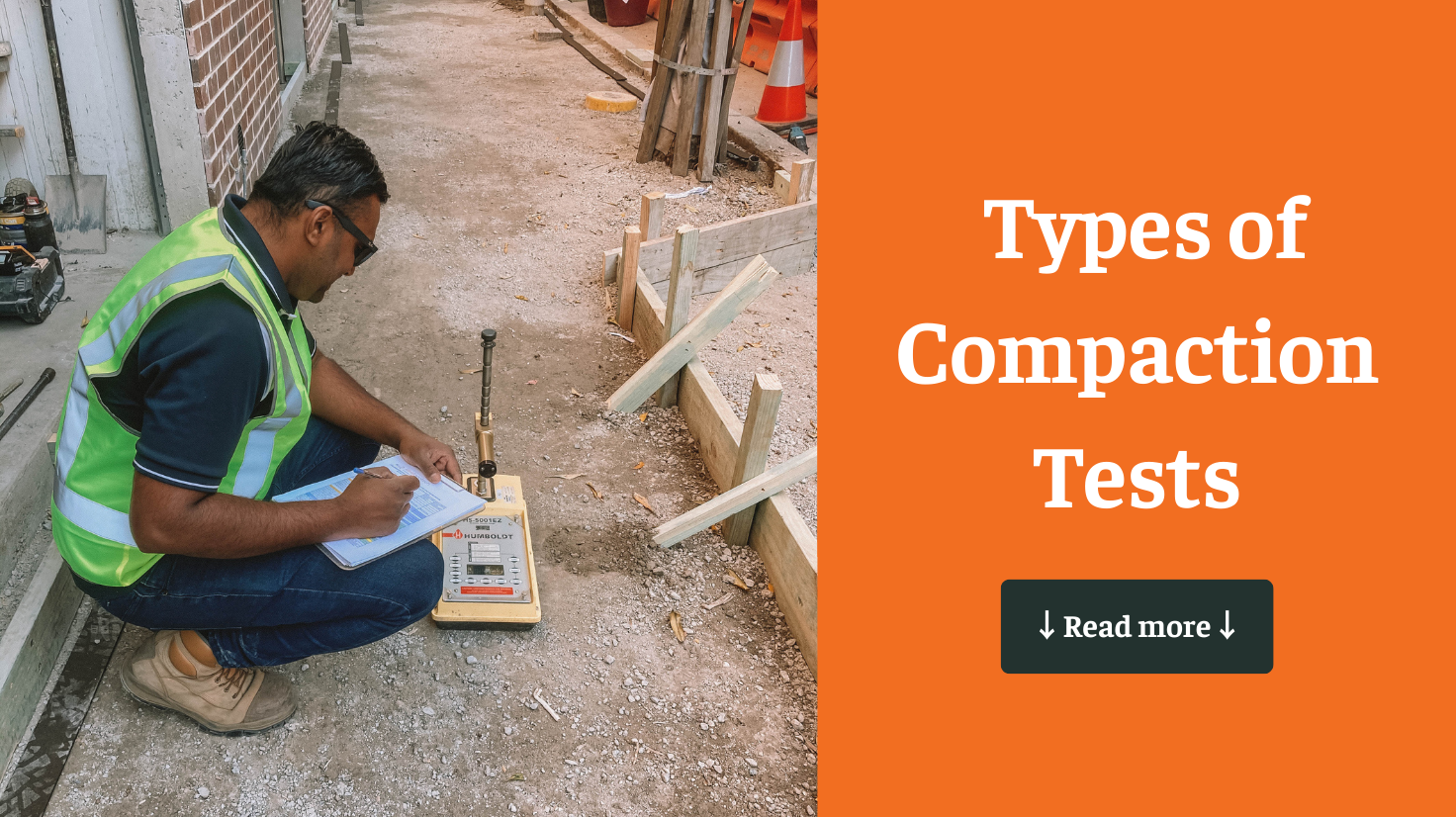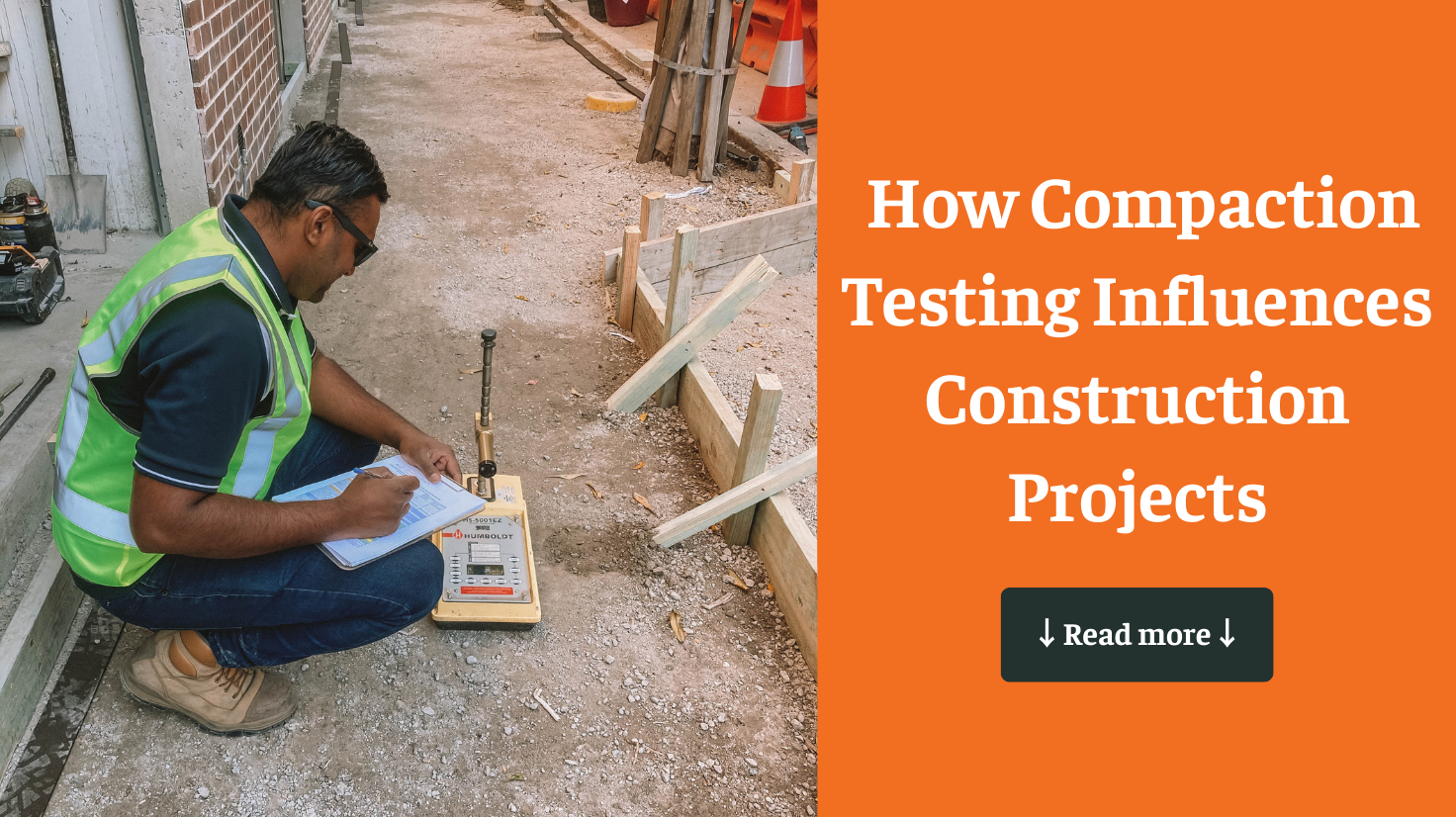When starting a construction project, the strength and characteristics of the soil are critical for ensuring safety, durability, and compliance with regulations. Soil tests help assess the soil’s ability to support structures and identify potential risks. Here’s a detailed overview of essential soil tests required for building construction:
1. Soil Composition Analysis
This analysis examines the soil’s physical and chemical properties, providing essential data for assessing its suitability for construction. Key aspects include:
- Texture and Structure: The soil’s texture (sand, silt, and clay proportion) and structure (particle arrangement) significantly impact its ability to support a structure. Sandy soils typically have good drainage but may lack stability, while clay soils can retain water and are prone to expansion and contraction, affecting the foundation.
- Organic Content: High levels of organic matter can lead to soil compression over time, compromising structural stability. Understanding the organic content is crucial for assessing the long-term viability of the soil as a foundation material.
- Aggressivity: Soil aggressivity refers to the potential for soil to corrode materials, especially those containing metal, due to its acidity, alkalinity, or presence of dissolved salts. This helps in selecting the right materials and protective measures to ensure construction longevity.
2. Soil Bearing Capacity Test
The soil bearing capacity test is crucial for determining how much weight the soil can support without excessive settlement or failure. This test is essential for designing a foundation that matches the soil’s characteristics.
- Determining Load Capacity: By establishing the maximum load the soil can bear, engineers can design foundations that prevent undue settlement, avoiding potential structural issues like cracks or tilting.
- Guiding Foundation Design: The results of the bearing capacity test inform decisions on the type and depth of the foundation required, ensuring it is neither over- nor under-engineered.
- Preventing Structural Failures: Understanding the soil’s limitations helps prevent future issues related to soil compaction and shifting, which can compromise the building’s integrity over time.
3. Percolation Tests
Percolation tests measure how quickly water drains through the soil, crucial for projects involving septic systems.
- Suitability for Septic Systems: This test ensures the soil can adequately filter and treat wastewater, preventing issues like system failure or environmental contamination.
- Water Management: Proper drainage is essential for maintaining the foundation’s structural integrity and preventing issues like waterlogging, which can lead to soil instability.
4. Contaminant Screening
Screening the soil for contaminants is vital for ensuring the safety of the construction site and its future occupants.
- Health and Safety: Contaminated soil poses significant health risks and can lead to costly remediation efforts if not addressed early. Identifying and mitigating these risks is essential for a safe building environment.
- Environmental Compliance: Adhering to environmental regulations is crucial for avoiding legal issues and ensuring the project’s sustainability. Contaminant screening helps meet these requirements by identifying hazardous substances that need to be managed or removed.
5. Conclusion
Soil Tests for Building Construction is a critical step, providing essential data that ensures the foundation’s reliability and the structure’s safety. By conducting these tests, you can avoid costly repairs, ensure compliance with regulations, and protect the health and safety of future occupants.
Secure your construction project’s success by ordering a comprehensive soil analysis with Ideal Geotech. Click on Order Now to get started on your geotechnical assessments today!






